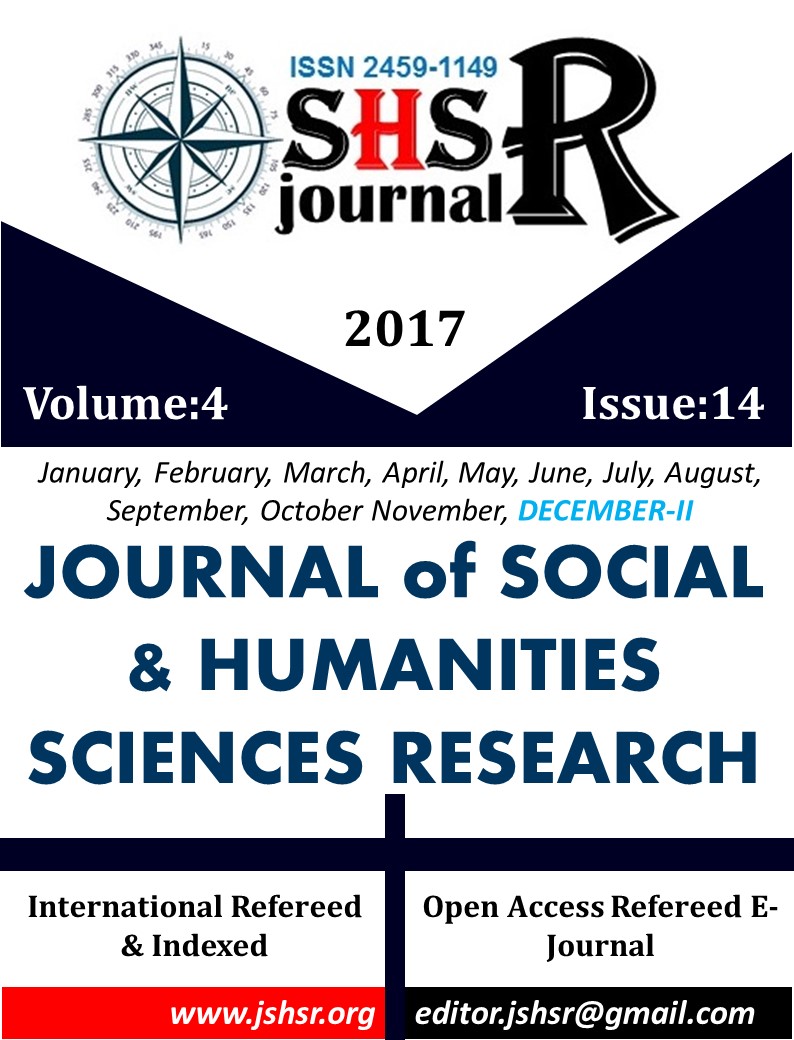BRITISH PRISONER IN TURKEY DURING WORLD WAR I: TWO PRISONER CAMPS (Afyon and Gediz), AND TWO PRISONER NEWSPAPERS (Afionkarahissar and Kedos Newspapers)
DOI:
https://doi.org/10.26450/jshsr.264Keywords:
Ottoman, England, World War I, Prisoner of war, Gediz/Kedos, Afyon/Afionkarahissar, newspaperAbstract
Ottoman State, which tried to maintain it's existence by following the balance policy throughout the 19'th century, tried to keep up this policy in the early 20'th century, but it failed. At the turning point of 19th and 20th centuries, the relations between Great Powers was disrupted and their conflicts of economic interest and dominions rendered any disagreement a possible fight. Upon the rejection of her alliance requests by entente states, she signed an alliance agreement with Germany. World War I meant for Britain, to protect and expand her imperial territories in economic and imperial contexts whilst it created total destruction for the Ottoman Empire, striving to ensuring her existence and protecting her borders. Both Empires fought with each other and other powers at more than one front and, they both lost hundred thousands of their people in the war. A different dimension of the fight have been prisoner war.Having been accommodated in captive garrisons established in various parts of the country, all the needs of the captives including housing and food, health, communication and religious exercises were met by the Ottoman Government in accordance with international agreements and captives were treated like guests.Prisoner in Afyonkarahisar and Gediz has done a hanwritten newspaper, so they tried to make voices heard in their country and their families.All the war prisoners were dispatched to their countries after Brest-Litovsk Peace Treaty and Armistice of Mudros.
Downloads
Published
How to Cite
Issue
Section
License
Copyright (c) 2017 INTERNATIONAL JOURNAL OF SOCIAL HUMANITIES SCIENCES RESEARCH

This work is licensed under a Creative Commons Attribution 4.0 International License.


